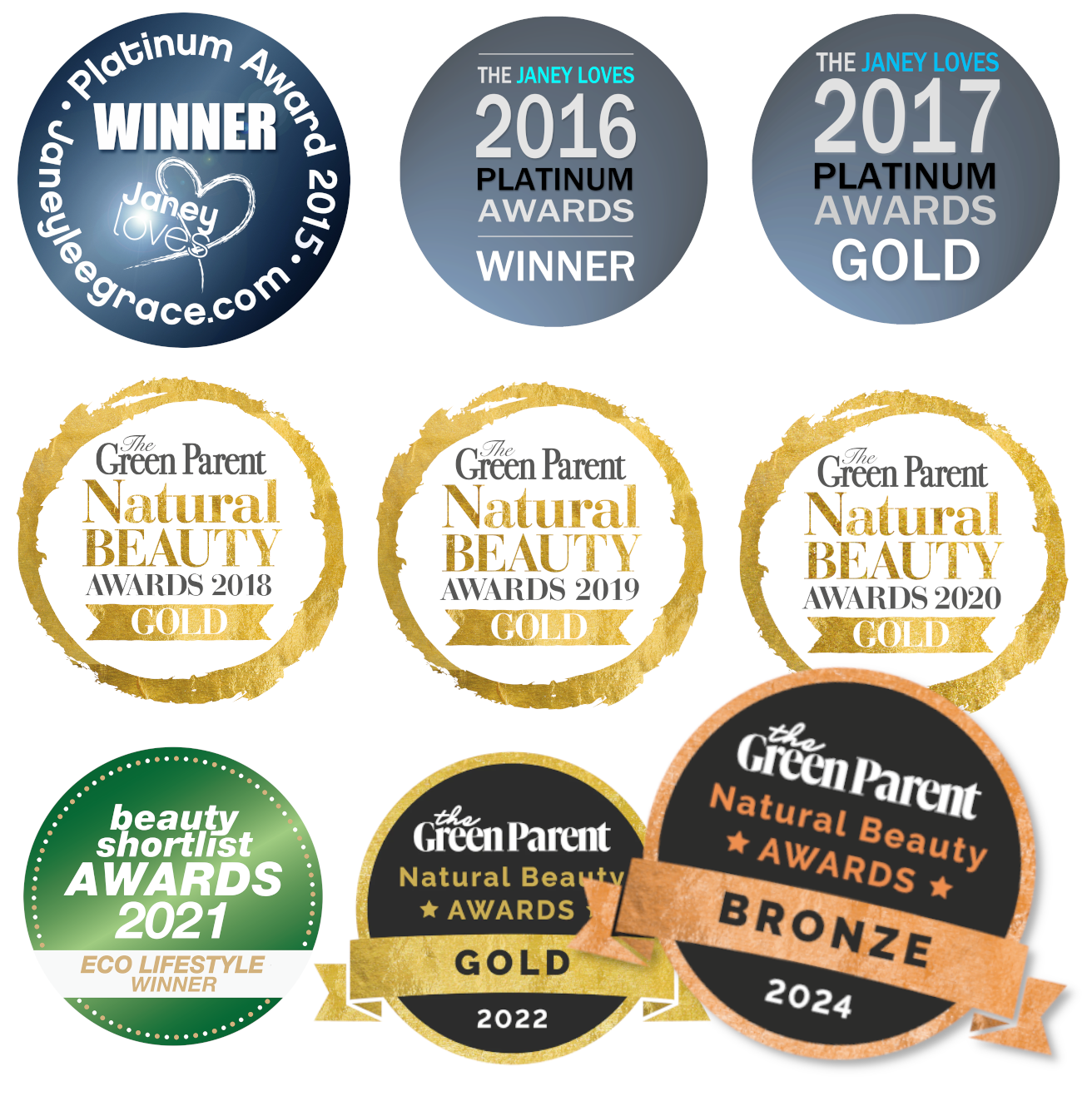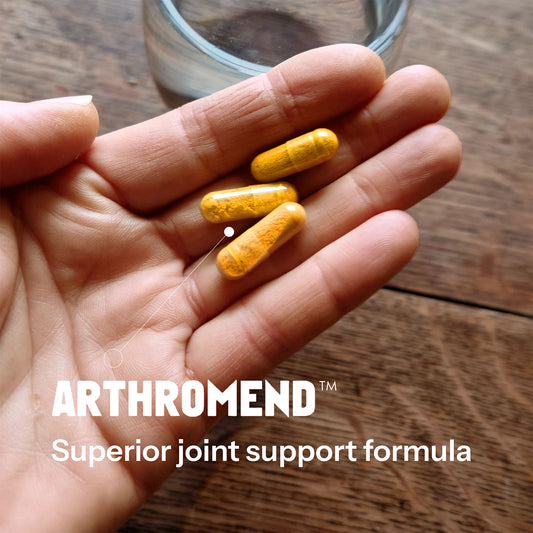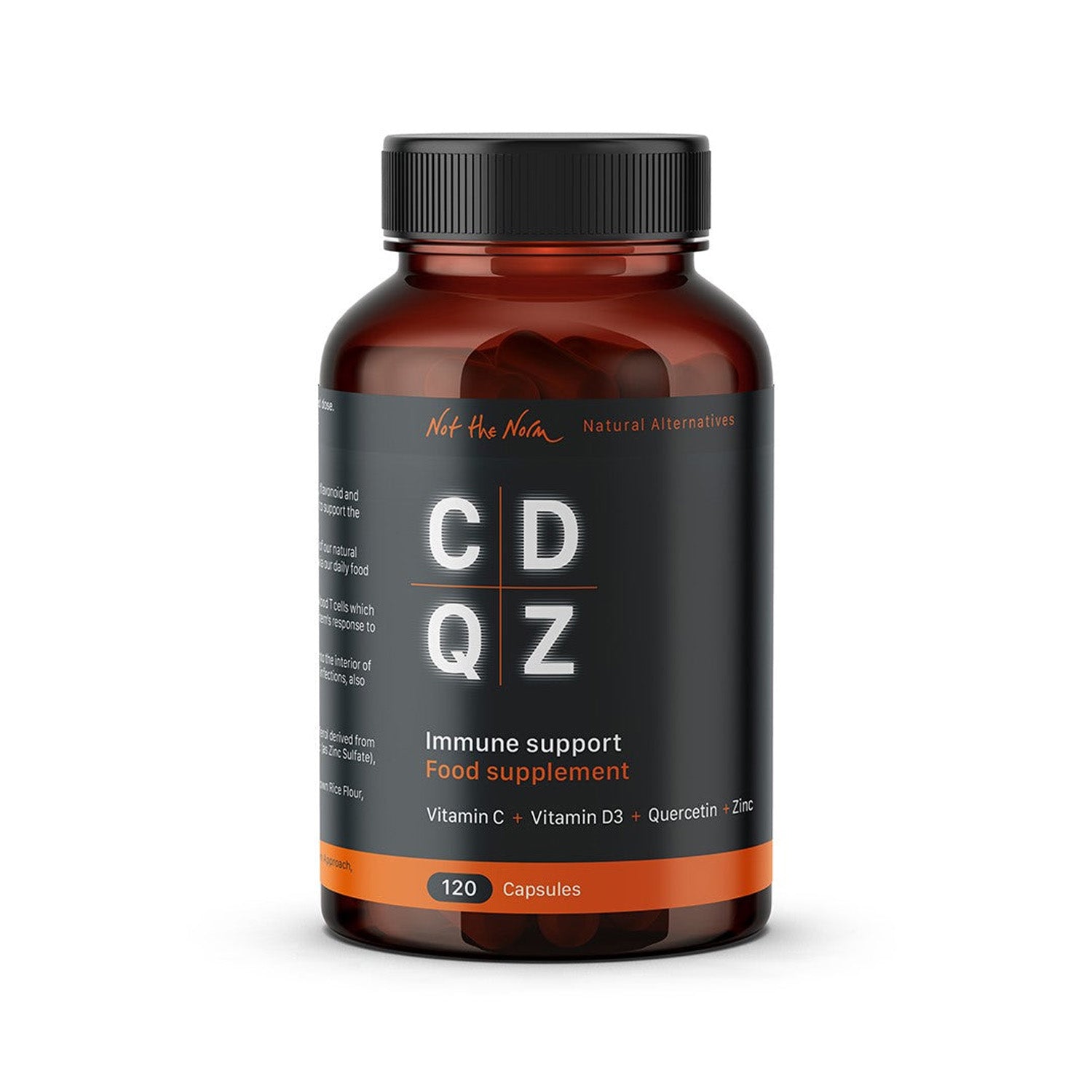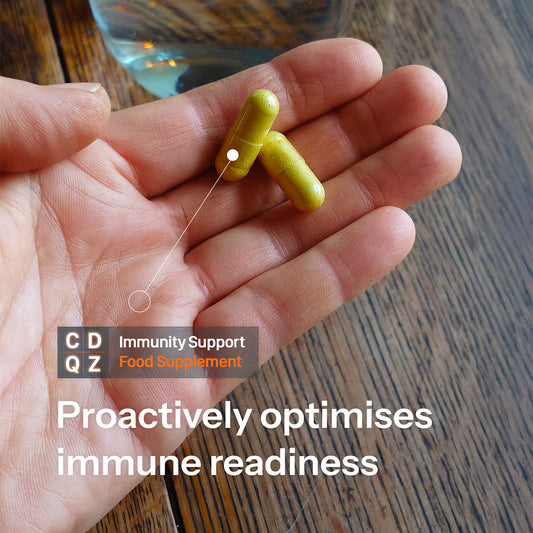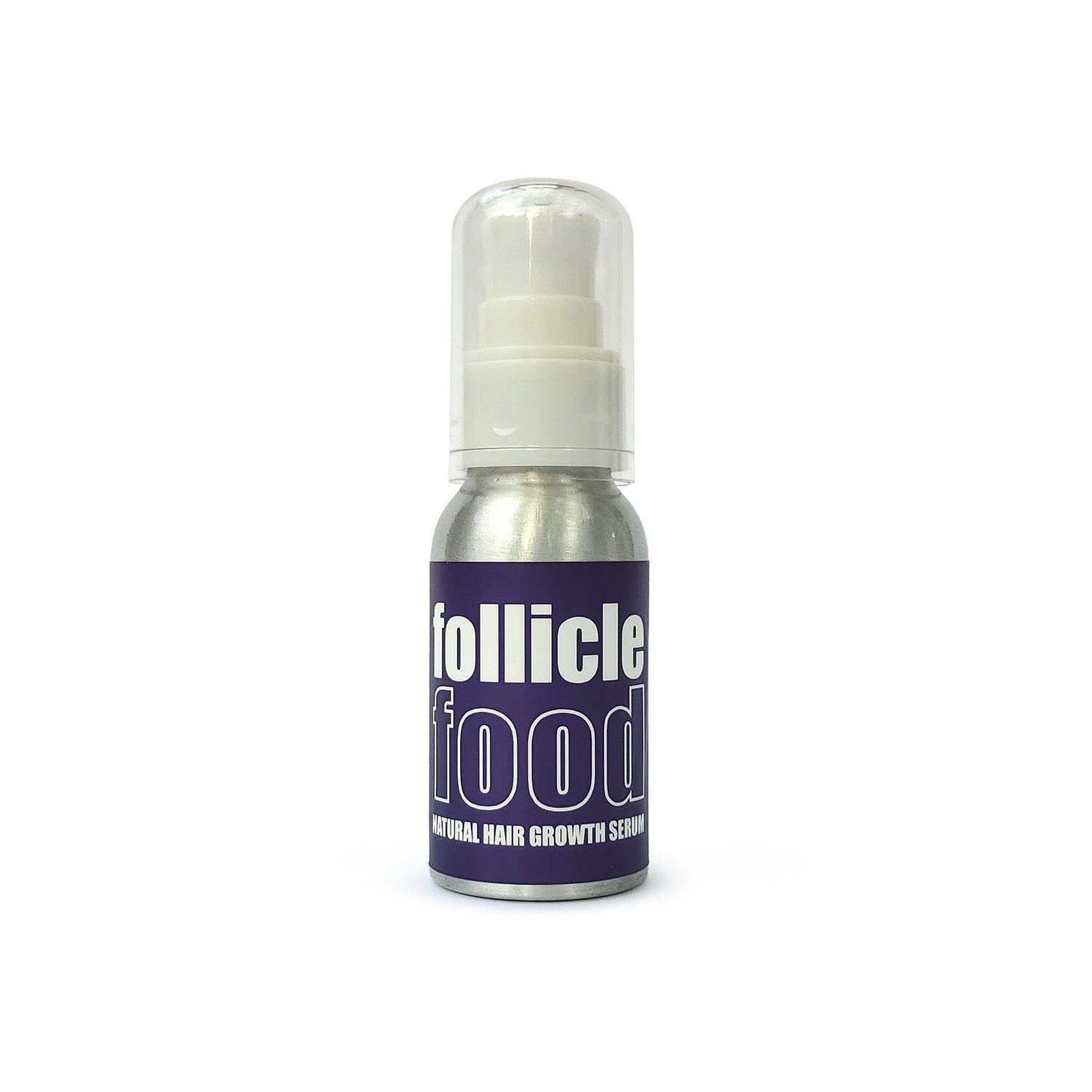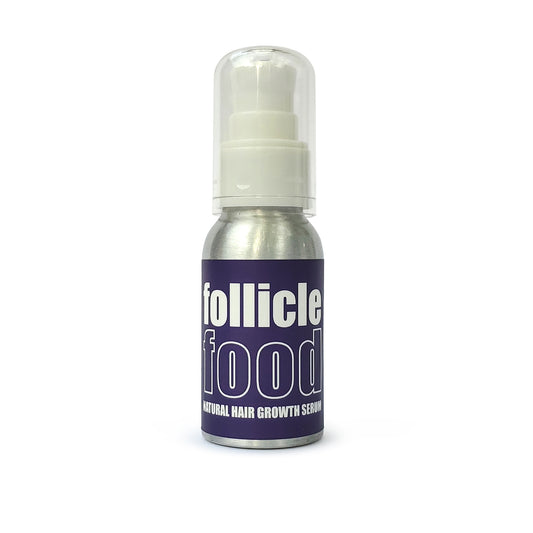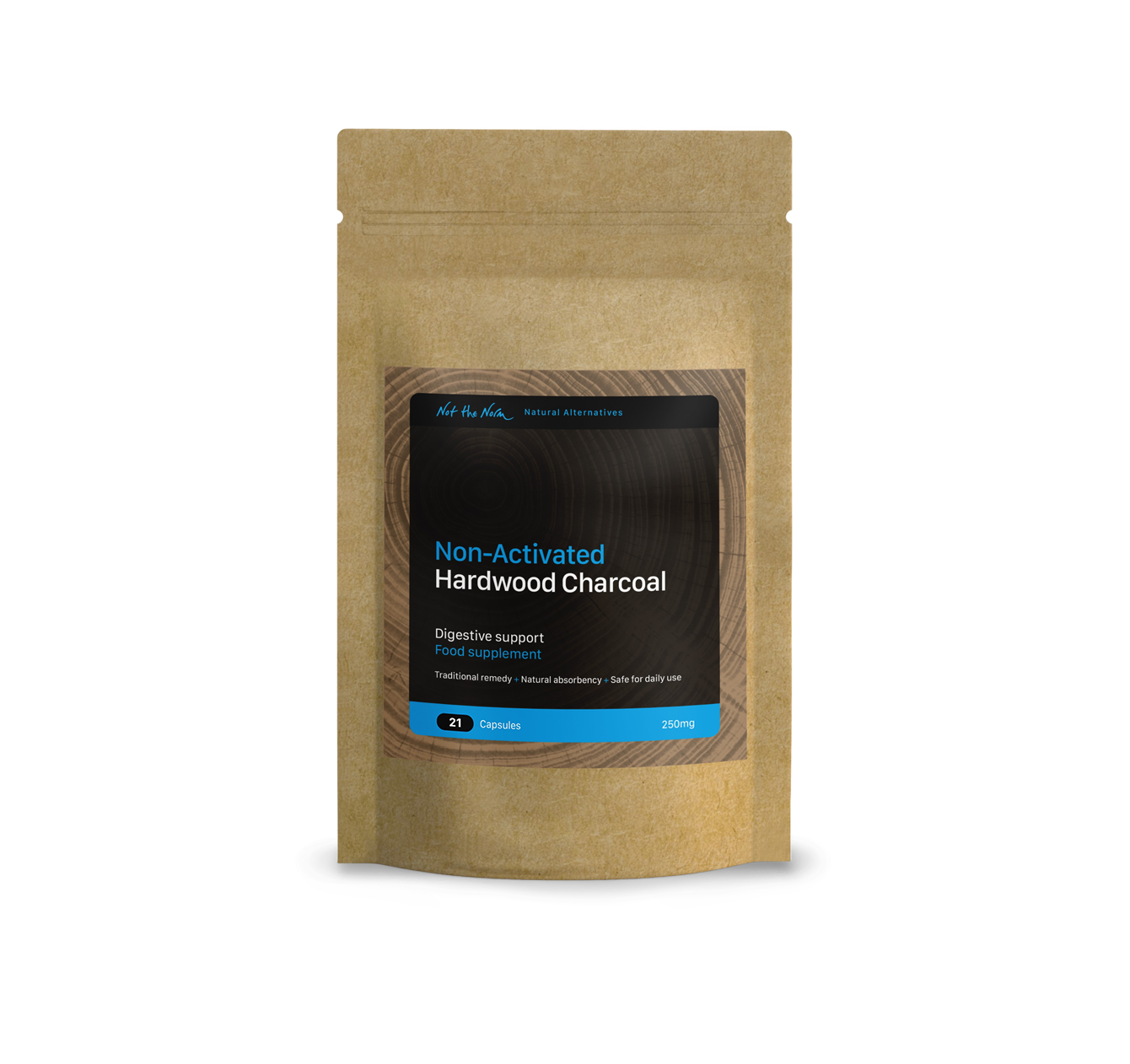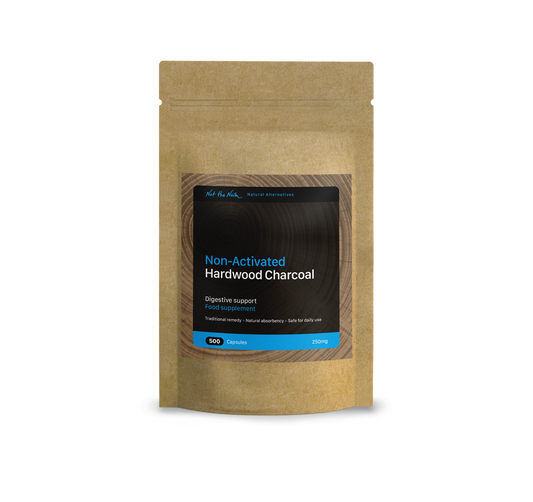Plastic pollution remains one of the most pressing environmental challenges of our time, driven by human activities. From single-use plastics to durable materials, their omnipresence is undeniable, spanning from the peaks of Mt. Everest to the depths of the Mariana Trench, permeating every facet of our lives.
In the vast expanses of the ocean, an estimated 5.25 trillion micro and macro pieces of plastic float, equivalent to approximately 46,000 pieces per square mile. This staggering volume, totalling around 269,000 tonnes, poses a significant threat to marine ecosystems worldwide.
Among the culprits contributing to this crisis are common items like straws, food wraps, cigarette butts, plastic bags, and bottles. Shockingly, 40% of these single-use plastics are not recyclable, condemning them to end up in landfills or find their way into the sea. Even those that are recyclable face uncertain fates, with less than 10% actually being recycled.
The devastating impact extends beyond marine life. Plastics infiltrate our food chain, with the average person ingesting approximately 5 grams of plastic each week. These particles enter our bodies through seafood, tap water, vegetables, and even the air we breathe, exposing us to a myriad of harmful chemicals.
Furthermore, the cosmetic industry contributes significantly to plastic pollution. Consider sunscreen, for example. Each year, approximately 14,000 tons of sunscreen end up in coral reefs worldwide, damaging fragile ecosystems. Moreover, the packaging of sunscreen often adds to the plastic burden, with millions of plastic bottles discarded annually.
While humans may withstand the effects of plastic ingestion to some extent, marine life isn't as fortunate. Millions of animals suffer annually from plastic pollution, succumbing to entanglement, suffocation, or starvation. Seabirds, in particular, struggle to discern between edible prey and indigestible plastic fragments, often with fatal consequences.
The magnitude of this crisis can seem overwhelming, especially considering the global population approaching 8 billion. However, collective action, no matter how small, can drive meaningful change. Simple lifestyle adjustments, such as opting for loose produce, reusable bags, and eco-friendly alternatives like bamboo cutlery and paper plates, can significantly reduce plastic consumption.
Post-COVID statistics reveal a surge in single-use plastic pollution, with disposable masks, gloves, and packaging for online deliveries exacerbating an already dire situation. While 2019 witnessed a rise in zero waste and refill shops, the post-COVID era has sadly seen many of them shuttering their doors.
In the fight against plastic pollution, innovative solutions emerge. Products like ECOtanka stainless steel bottles offer reusable alternatives to plastic bottles, catering to those on the go while minimising environmental impact. We produce our Shade All-Natural Sunscreen in a reusable, recyclable aluminium tin.
Similarly, CDQZ Immune Support, presented in plant-based compostable packaging, and Pure-Non-Activated Hardwood Charcoal in kraft paper pouches, present more sustainable options for supplement intake, further reducing plastic waste.
Every effort to reduce our reliance on plastics, no matter how modest, contributes to a healthier planet. By embracing sustainable practices and advocating for systemic change, we can mitigate the harmful effects of plastic pollution and safeguard the future of our environment for generations to come.







